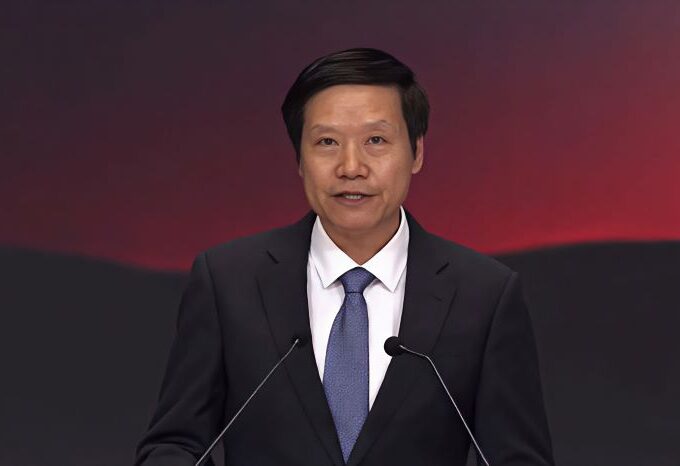TikTok and Douyin are sister platforms, both owned by the Chinese company ByteDance. As the international version of Douyin, TikTok primarily targets overseas markets, while Douyin focuses on the Chinese market. Both are online short-form video social platforms, allowing users to upload selfie videos and share them with online audiences, who can then comment on and like them.
TikTok is wildly popular globally, having repeatedly topped the global non-game mobile app download charts and garnered widespread user adoration. In the United States, it boasts over 150 million monthly active users, nearly half the country’s population. Many American users use TikTok to realize their dreams and personal values.
Douyin and TikTok differ in their content and user base. Douyin’s user base is broader and its content is more diverse, including learning and life skills videos. This reflects the short-form video industry’s strategies for localization, alongside user preferences, in different markets.
In the United States, TikTok’s primary user base is young people, with 63.5% of users under the age of 30. TikTok’s content is primarily shared by young people on a daily basis, tends to be relatively raw, and lacks the meticulous polish of a professional team. Recent trends indicate that the platform is gradually introducing more AI-assisted creation tools to help users improve the quality of their content. In other regions, such as Hong Kong and Taiwan, Douyin’s content style is relatively similar to that in China; however, due to cultural differences in other regions, content styles vary significantly. For example, young people in Europe and the United States tend to share cool content, while those in the Middle East are more likely to showcase luxury cars and affluent lifestyles.

The short video platform TikTok is incredibly popular. Its app can be considered the international version of Douyin (TikTok), providing a free platform for international short video content for users worldwide. Users can shoot and share engaging short videos on TikTok, sharing the joys of life while also learning about and appreciating foreign cultures and customs.
TikTok enjoys significant global activity and influence, having repeatedly topped the local app charts in countries like Japan, the United States, Thailand, Indonesia, and India, demonstrating a strong competitive position in the industry and continuously improving its functionality. While its functionality isn’t as comprehensive as that of Douyin in China, with links currently unavailable and mini-programs unavailable, the introduction of the latest technologies, such as augmented reality (AR) filters and more precise recommendation algorithms, continues to optimize the user experience. TikTok has also expanded into the television space, launching apps on platforms like Amazon Fire TV, reflecting the overall trend of the short video industry expanding onto larger screens. As of December 23, 2021, TikTok was one of the most popular websites in the world.
TikTok’s mission is to “inspire creativity and bring joy,” and it has repeatedly topped the App Store and Google Play charts in countries like the United States, India, Germany, and France. TikTok has multiple offices around the world, including Los Angeles, New York, London, Paris, Berlin and other places, showing that the short video industry emphasizes both global layout and localized operations.

It’s worth noting that TikTok maintains a strong influence in the U.S. despite a series of legal disputes. On August 24, 2020, local time in the United States, TikTok formally filed a lawsuit challenging Trump’s executive order to protect its rights and the rights of its users. Recent news reports indicate that TikTok has recently strengthened its data security compliance measures in the United States, partnering with local technology companies to establish a data storage and processing system to address regulatory concerns. TikTok’s success in the Japanese market is also unique. TikTok’s overseas version initially established a localized team in Japan and focused on localizing operations, integrating Japanese culture and localized gameplay to resonate with users. This has led to TikTok’s rapid popularity among young people in Japan and its continued position as one of the top five social media platforms in the country. However, the recent announcement that Japan will ban the use of Chinese apps such as TikTok in September has sparked concern and discussion.
On July 28, Japan’s ruling Liberal Democratic Party (LDP) held a meeting of its “Strategic Alliance” within the Diet. The central topic of the meeting was how to address the issue of Chinese apps and software such as TikTok. After in-depth discussions, the meeting reached a consensus and plans to formally submit a proposal to Japan in September to ban the use of apps and software developed by Chinese companies, such as TikTok.
According to information revealed at the meeting, the proposal that the Liberal Democratic Party Strategic Alliance is about to submit includes three main aspects: the use of Chinese apps and software such as TikTok and WeChat in Japan will be banned; the proposal also plans to amend existing laws to allow on-site searches of companies that violate regulations; the proposal will also give intelligence agencies greater powers to enable them to conduct reconnaissance and investigations on relevant companies and personnel.












